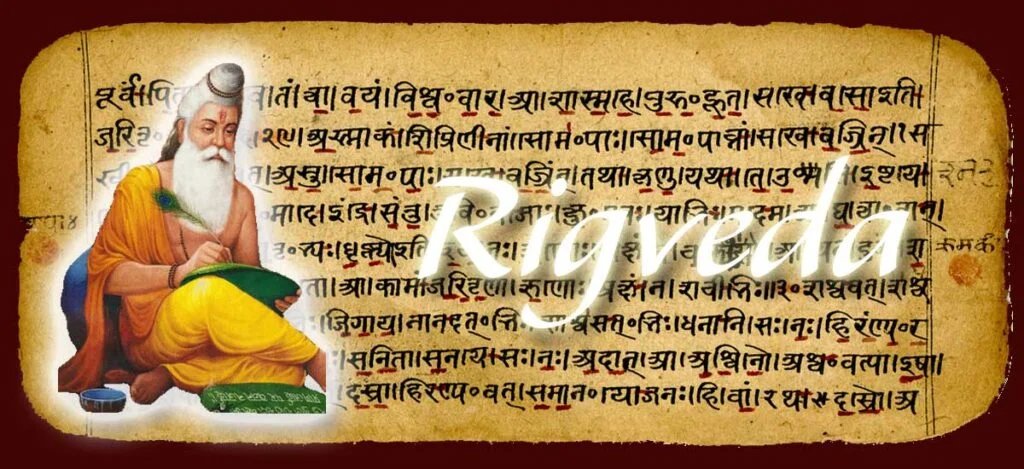
Bharatiya | #Mother | #Decolonization | Proud Bharat is Prosperous #Bharat! | RT is not endorsement
Medium: https://t.co/OmreKVYuDR
5 subscribers
How to get URL link on X (Twitter) App

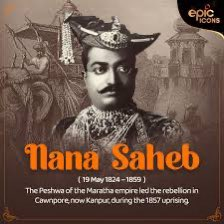
 should have Taught us: The seeds of discontent were already sown in the hearts of Bharatiyas (read Dalhousie and Salt Tax tweets). However, it was important that it was planned properly such that a simultaneous uprising took place from all sides for the
should have Taught us: The seeds of discontent were already sown in the hearts of Bharatiyas (read Dalhousie and Salt Tax tweets). However, it was important that it was planned properly such that a simultaneous uprising took place from all sides for the
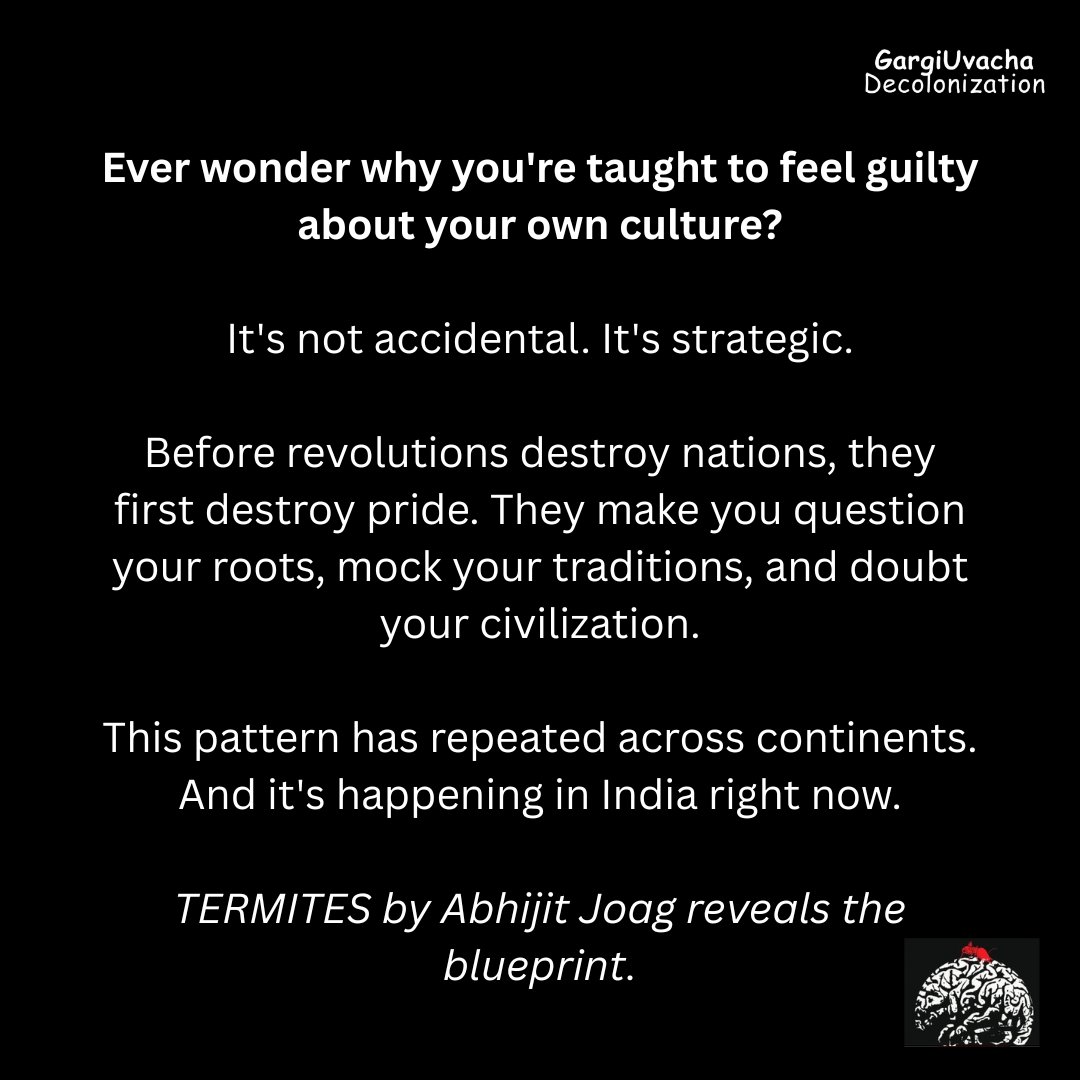
 2.
2. 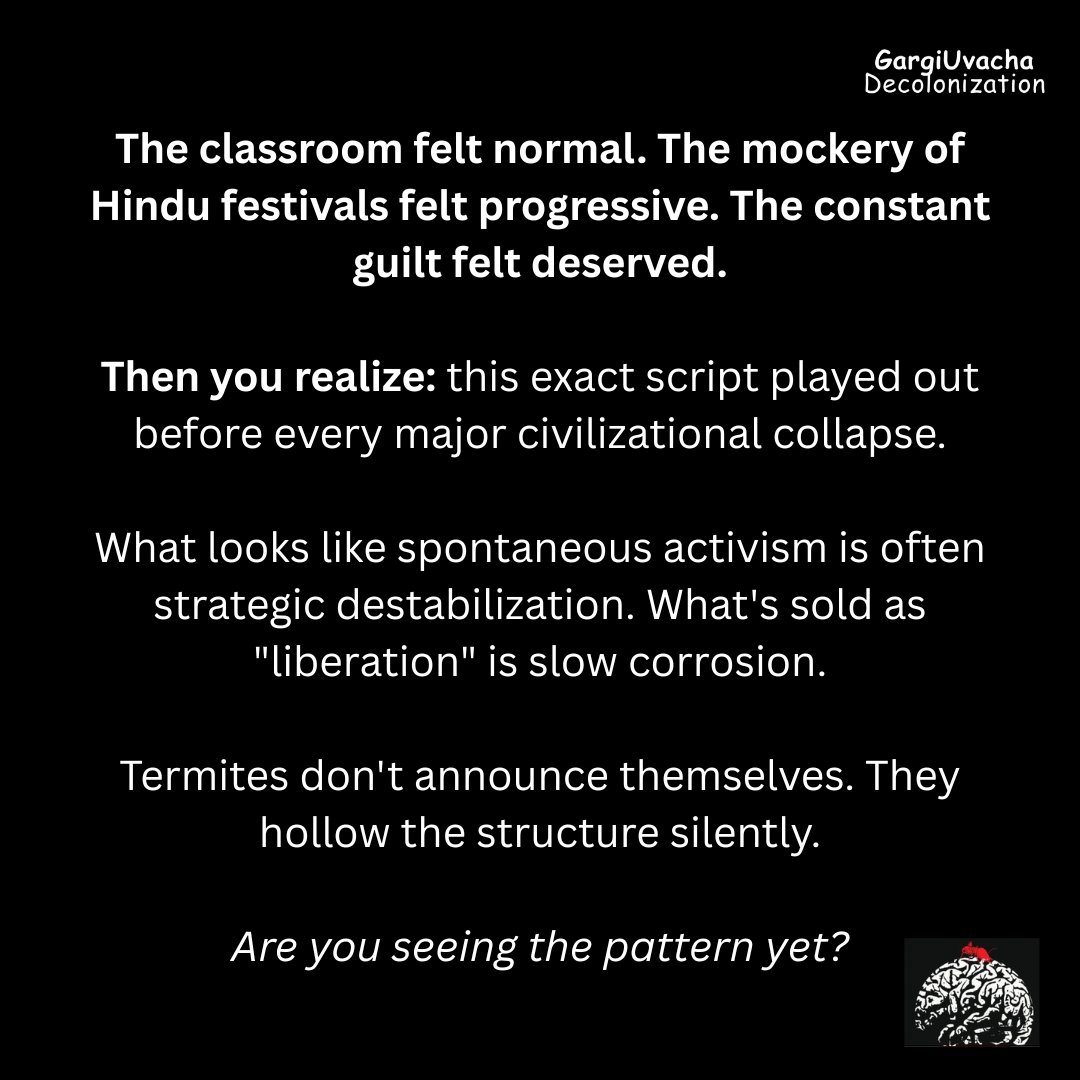
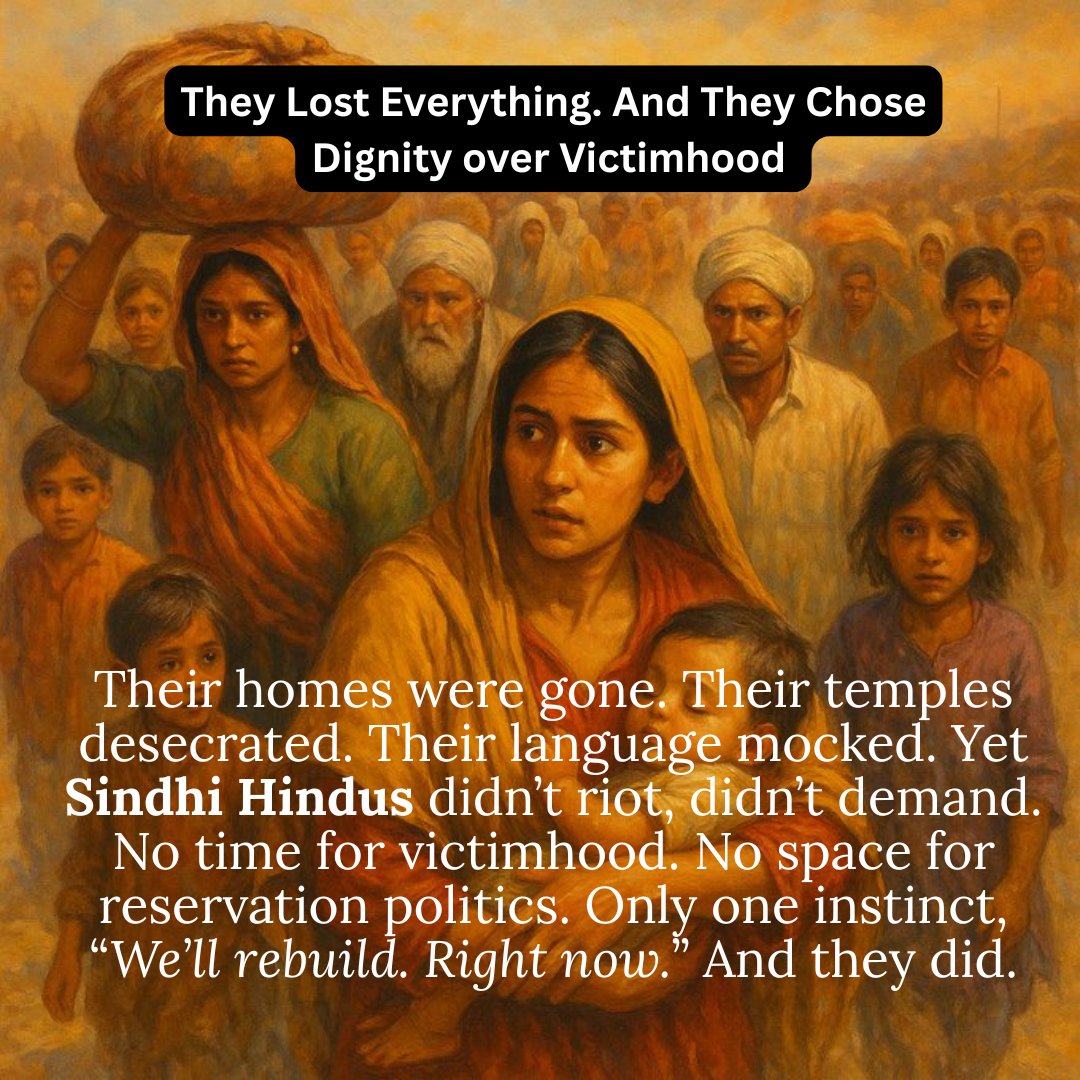
 2
2 

 🧵 2/8
🧵 2/8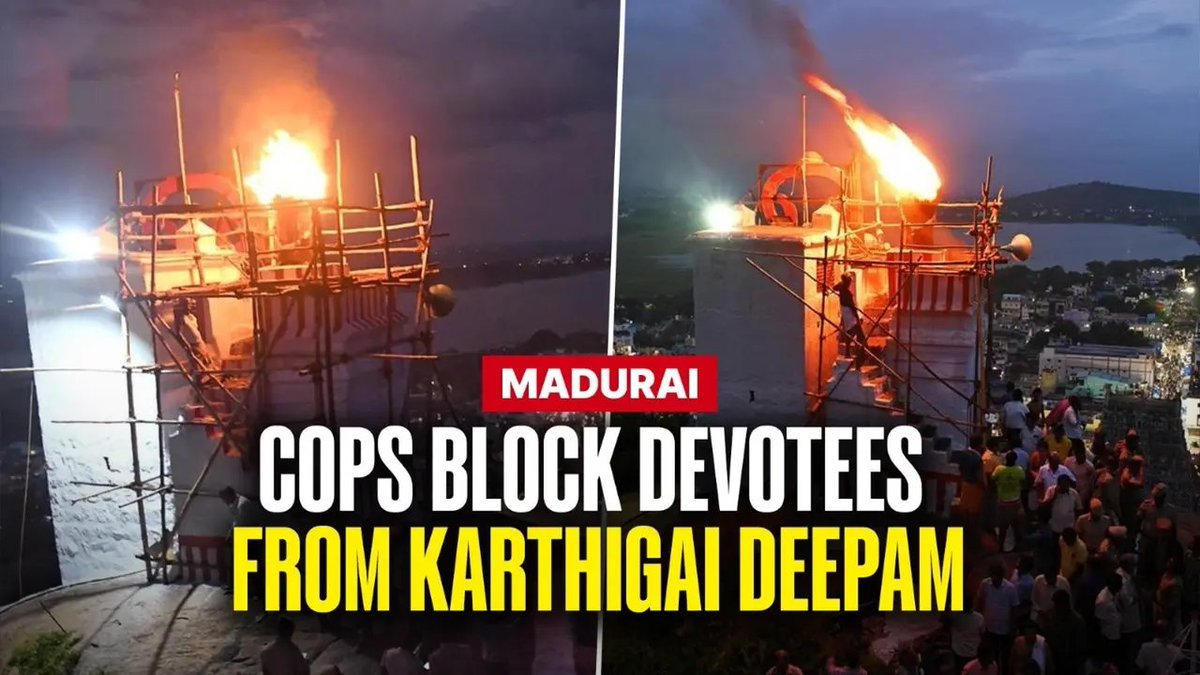
 What is the issue? 🔍
What is the issue? 🔍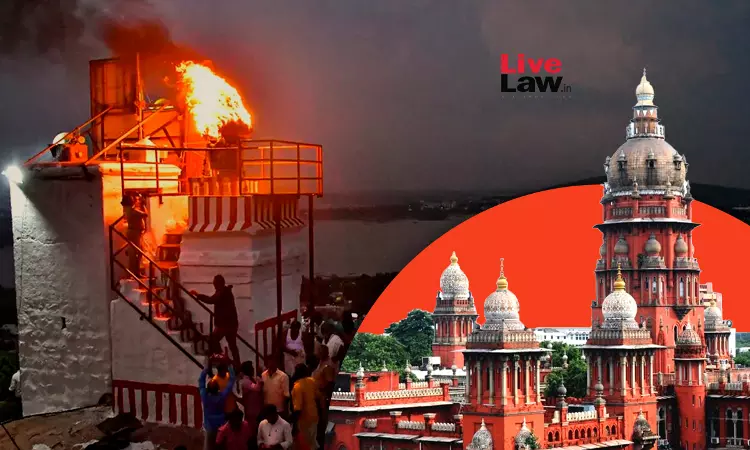
https://twitter.com/dharmicliving02/status/19954731591901965092️⃣

 Bhuta Shuddhi means purification of the five elements.
Bhuta Shuddhi means purification of the five elements.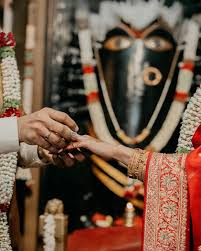

 🧵 2/8
🧵 2/8
 Lord Dalhousie landed on the shores of Hindustan in 1846. When he became the viceroy he gave up the practice of sugar coating the poison pills to victims of India, and began a system of open and direct oppression. No wonder he is described as
Lord Dalhousie landed on the shores of Hindustan in 1846. When he became the viceroy he gave up the practice of sugar coating the poison pills to victims of India, and began a system of open and direct oppression. No wonder he is described as 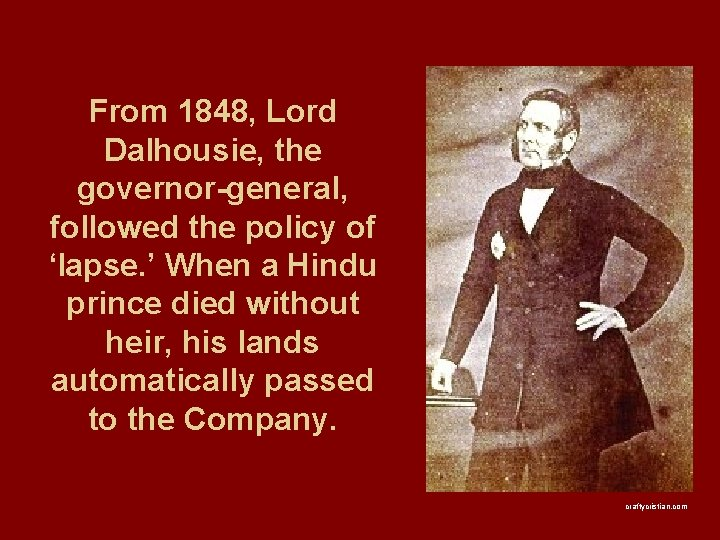
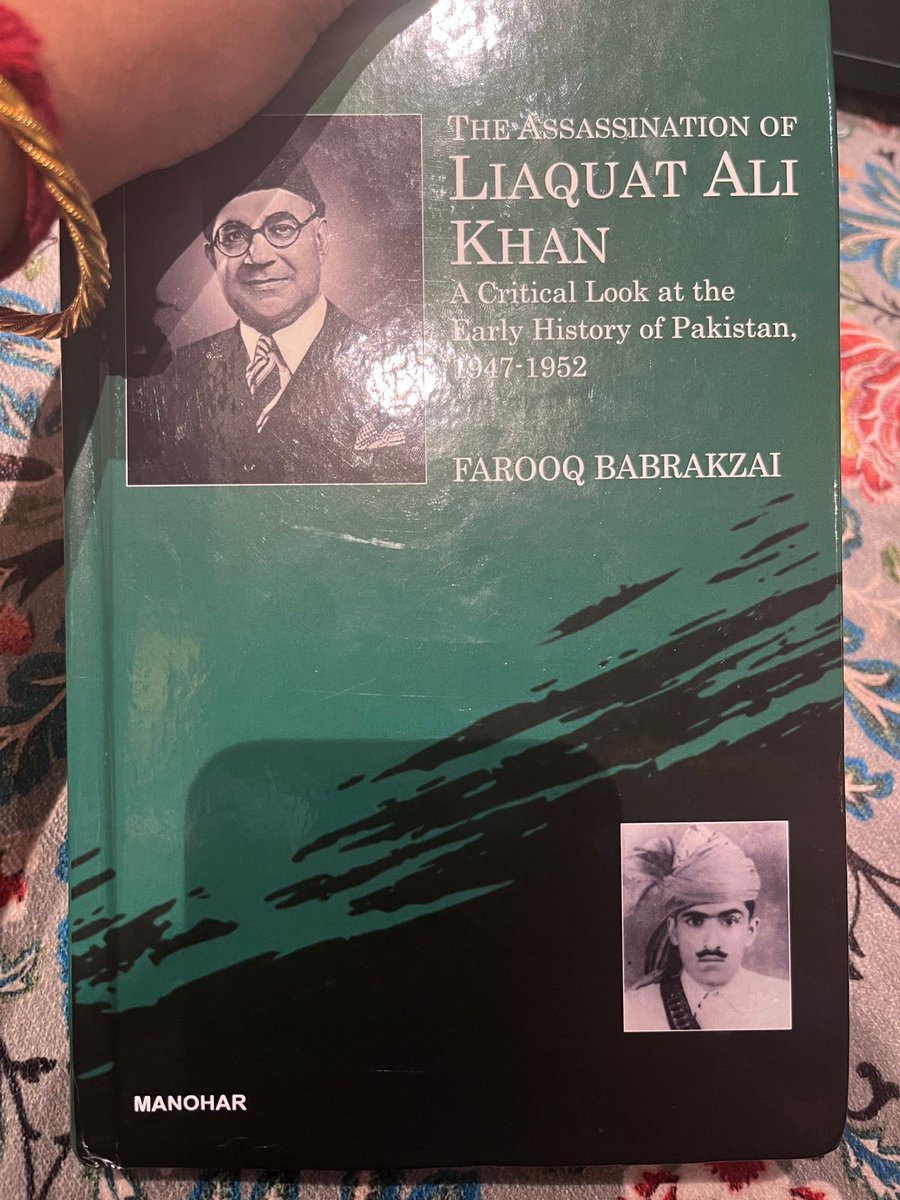
 2.
2.
 2/10
2/10
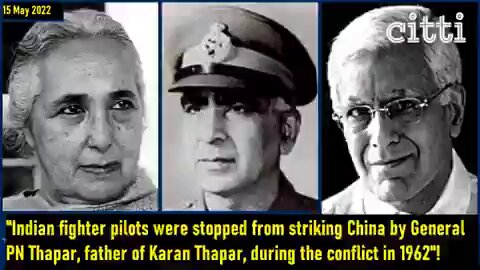
 When the war was declared, many sections of the Indian elite fell over themselves to offer help to the British cause. Nowhere was this more evident than in Punjab. The old Sikh nobility was more than keen to prove the loyalty of the martial race. The Chief Khalsa Diwan condemned the Ghadarites and helped recruit soldiers. Even Gandhi, newly returned to India, joined the recruitment drive despite his avowed adherence to the principles of non-violence. However, the most enthusiastic supporters of the war effort were the contractors and agents who profited handsomely from arranging supplies and recruits (our Mr Thapar being one of them). They fanned out across the province and used all means fair and foul to arrange recruits, supplies and contributions to war funds. The demands became greater as the war dragged on and the death toll mounted. Recruitment quotas were set by district, or even individual village, and ever more young men were taken into the army using false promises and intimidation. In many place, the relatively wealthy purchased young men from poor families to replace their own children. In other places, they made large contributions to the Imperial War Fund. Lieutenant Governor O'Dwyer ramped up the incentives for the contractors. In addition to their monetary commission, they were given thousands of acres of irrigated farmland next to newly built canals. They were also given fancy imperial titles. 'Dwyer would later write that the system of rewards 'were such as would appeal to the Oriental mind, such as the Indian titles of honour from "Raja" and "Nawab" down to "Rai Sahib" and "Khan Sahib", robes of honour, swords of honour, guns ...'. He also states that the land grants could go up to 15,000 acres! The contractors and agents quickly became a staunchly loyals nouveau riche. In the early years, there may have been some members of the general population who voluntarily signed up for the army in exchange for regular pay or adventure. However, as the death toll mounted, voluntary recruitment all but disappeared. There are several eyewitness accounts of how local officials and agents colluded to 'herd' poor peasants into the army.
When the war was declared, many sections of the Indian elite fell over themselves to offer help to the British cause. Nowhere was this more evident than in Punjab. The old Sikh nobility was more than keen to prove the loyalty of the martial race. The Chief Khalsa Diwan condemned the Ghadarites and helped recruit soldiers. Even Gandhi, newly returned to India, joined the recruitment drive despite his avowed adherence to the principles of non-violence. However, the most enthusiastic supporters of the war effort were the contractors and agents who profited handsomely from arranging supplies and recruits (our Mr Thapar being one of them). They fanned out across the province and used all means fair and foul to arrange recruits, supplies and contributions to war funds. The demands became greater as the war dragged on and the death toll mounted. Recruitment quotas were set by district, or even individual village, and ever more young men were taken into the army using false promises and intimidation. In many place, the relatively wealthy purchased young men from poor families to replace their own children. In other places, they made large contributions to the Imperial War Fund. Lieutenant Governor O'Dwyer ramped up the incentives for the contractors. In addition to their monetary commission, they were given thousands of acres of irrigated farmland next to newly built canals. They were also given fancy imperial titles. 'Dwyer would later write that the system of rewards 'were such as would appeal to the Oriental mind, such as the Indian titles of honour from "Raja" and "Nawab" down to "Rai Sahib" and "Khan Sahib", robes of honour, swords of honour, guns ...'. He also states that the land grants could go up to 15,000 acres! The contractors and agents quickly became a staunchly loyals nouveau riche. In the early years, there may have been some members of the general population who voluntarily signed up for the army in exchange for regular pay or adventure. However, as the death toll mounted, voluntary recruitment all but disappeared. There are several eyewitness accounts of how local officials and agents colluded to 'herd' poor peasants into the army. 

 2/8 🧬 Gene editing is sold as “precision”, but in living genomes it is a cut-and-delete gamble.
2/8 🧬 Gene editing is sold as “precision”, but in living genomes it is a cut-and-delete gamble.

 2/ For the first time, the profound Siddhamritam text has been translated from Tamil into English in a comprehensive way. She blends ancient Tamil verses, insightful commentary, and practical guidance to open Siddha medicine to a wider world.
2/ For the first time, the profound Siddhamritam text has been translated from Tamil into English in a comprehensive way. She blends ancient Tamil verses, insightful commentary, and practical guidance to open Siddha medicine to a wider world. 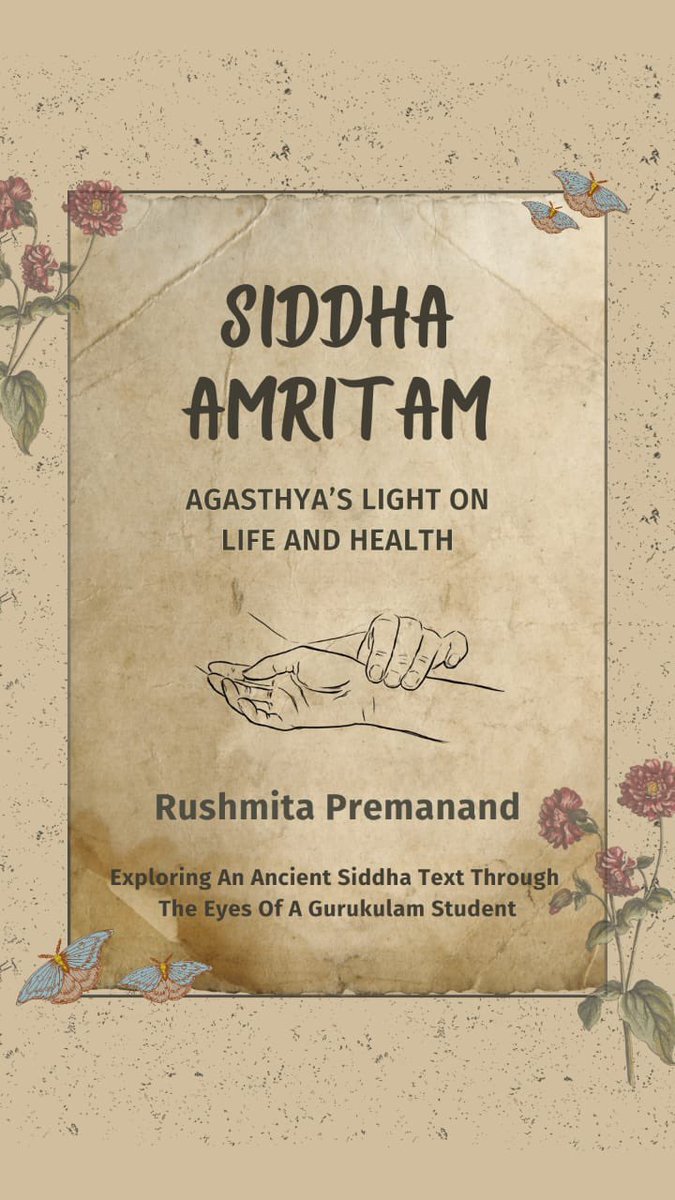
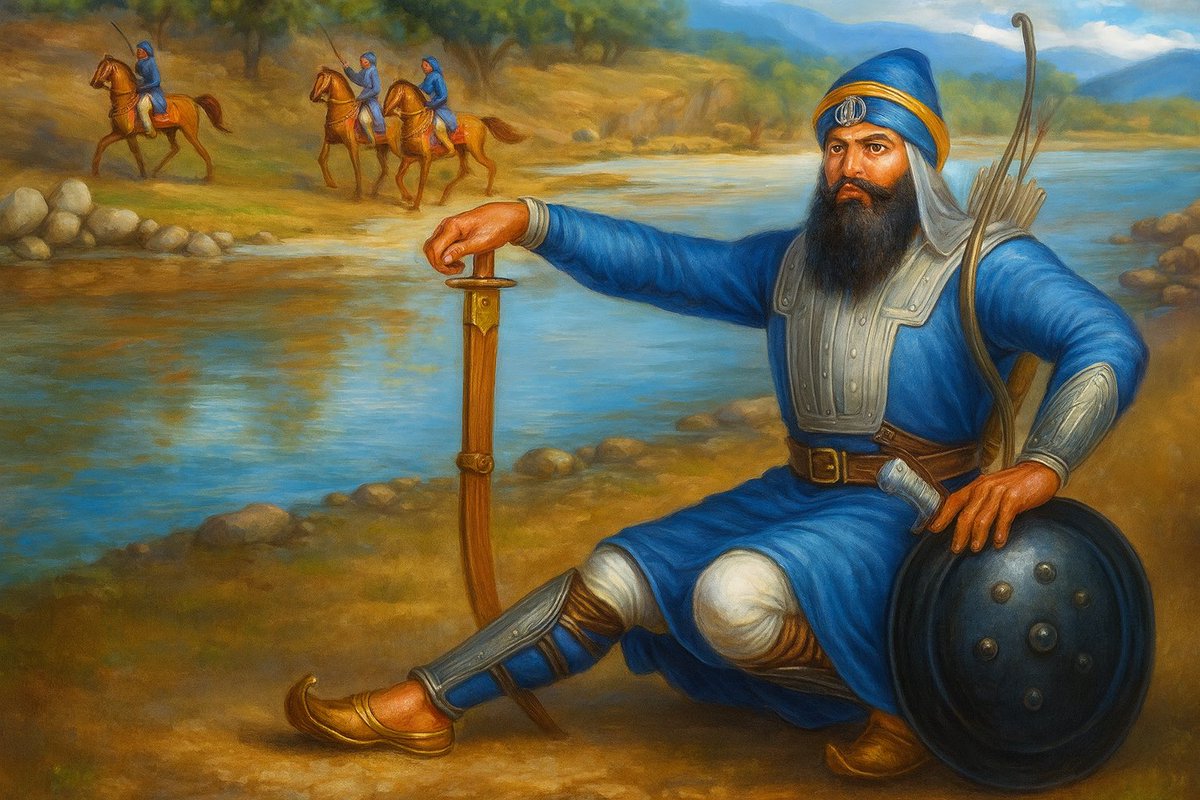
 2
2
 D. V. Gundappa (DVG) reminded us that a society without Dharma becomes a “body without a spine.” Vidura, too, warned that kingdoms collapse when lions are ignored and jackals are pampered. These lessons are timeless: democracy is not just about leaders. It is about the kind of society we are.
D. V. Gundappa (DVG) reminded us that a society without Dharma becomes a “body without a spine.” Vidura, too, warned that kingdoms collapse when lions are ignored and jackals are pampered. These lessons are timeless: democracy is not just about leaders. It is about the kind of society we are.
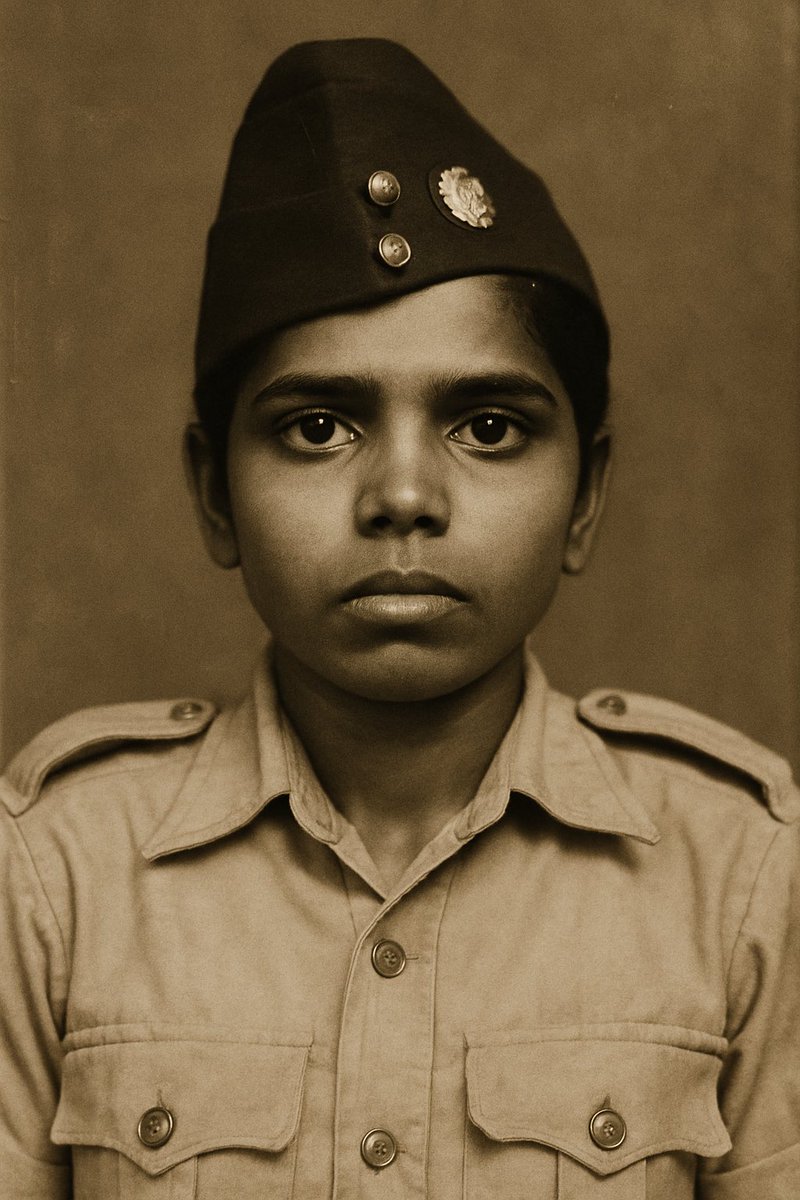
 Her family moved to Malaya where her father worked on a tea estate.
Her family moved to Malaya where her father worked on a tea estate.

 2/
2/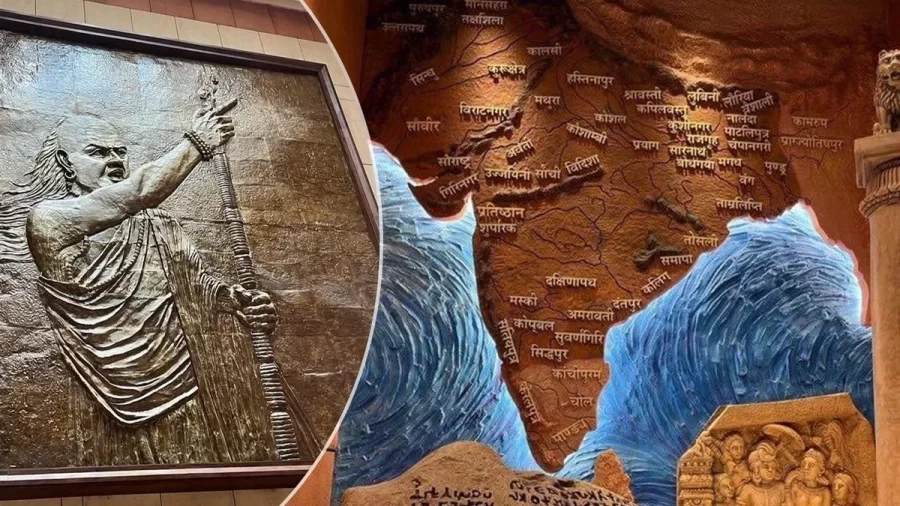
 2/8
2/8